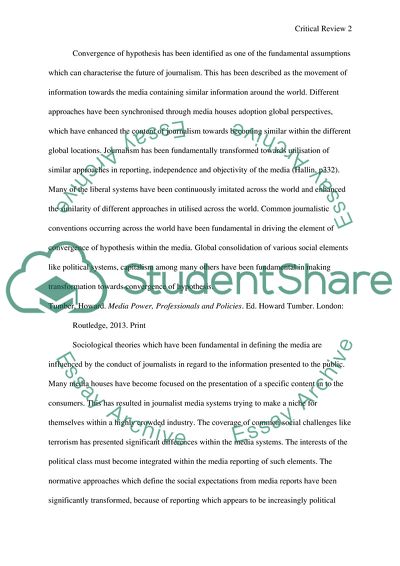Cite this document
(Comparing Media Systems through Politics Book Report/Review - 1, n.d.)
Comparing Media Systems through Politics Book Report/Review - 1. Retrieved from https://studentshare.org/journalism-communication/1827153-critical-review
Comparing Media Systems through Politics Book Report/Review - 1. Retrieved from https://studentshare.org/journalism-communication/1827153-critical-review
(Comparing Media Systems through Politics Book Report/Review - 1)
Comparing Media Systems through Politics Book Report/Review - 1. https://studentshare.org/journalism-communication/1827153-critical-review.
Comparing Media Systems through Politics Book Report/Review - 1. https://studentshare.org/journalism-communication/1827153-critical-review.
“Comparing Media Systems through Politics Book Report/Review - 1”, n.d. https://studentshare.org/journalism-communication/1827153-critical-review.


